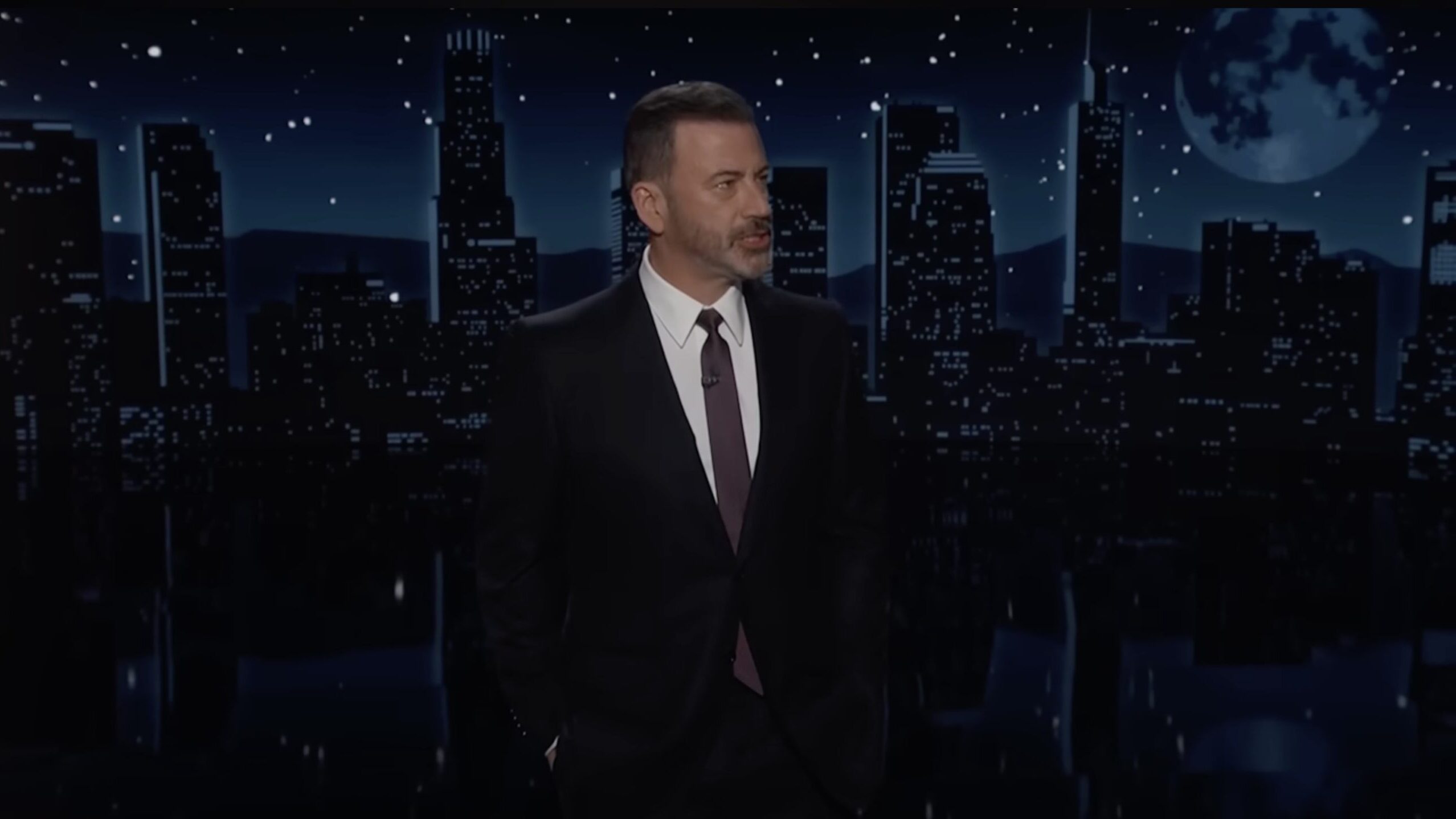ABC News suspended Jimmy Kimmel's show on Wednesday following backlash over his comments regarding a recent incident involving Charlie Kirk. Kimmel claimed that the "MAGA gang" was attempting to mischaracterize a suspect in the murder of Kirk, which led to widespread criticism and the decision by Nextstar Media Group to not air Kimmel's program on its ABC affiliate stations.
Explainer Charlie Kirk Overview
The suspension has sparked a debate about free speech and censorship, particularly among critics who argue that the left has been inconsistent in its defense of these principles. FCC Commissioner Brendan Carr noted that ABC could face repercussions for its decision, although he clarified that the network acted independently.
"The FCC has rules against news distortion, but it is up to the network to determine its programming," Carr stated.
Kimmel's comments drew ire from various commentators. Harry Sisson, a political commentator, expressed on X that the incident represents a significant attack on free speech, stating, "We are witnessing the most brazen attack on free speech in modern American history."
Others, like David French, described Kimmel's removal as a "direct attack on free speech," while Vox's Zack Beauchamp called it the "most brazen attack on free speech yet."
Critics of the left's response to Kimmel's suspension pointed to past instances where they did not express similar concerns over censorship. For example, in 2018, ABC canceled the sitcom "Roseanne" after its star made controversial remarks about a former Obama aide. Many on the left celebrated the cancellation, with French commenting at the time, "Who could have possibly foreseen that a toxic person would be so toxic?"
The debate extends beyond Kimmel. In 2021, former President Donald Trump was banned from Twitter, a move that some on the left supported. Matt Yglesias, a prominent writer, remarked that the deplatforming of Trump had no visible downside, suggesting it was an effective measure against extremism.
In contrast, when Megyn Kelly was fired by NBC in 2018 for questioning the racism of blackface costumes, the response from the left was largely dismissive, with some mocking her as a martyr for free speech.
The recent controversy has also reignited discussions about the Biden administration's alleged role in censoring information. A case known as Missouri v. Biden revealed claims that federal agencies worked with social media companies to suppress certain narratives, including those related to Hunter Biden and COVID-19.
As the debate continues, many are questioning why there is heightened concern over Kimmel's suspension compared to past incidents. Critics argue that the left's current outrage may be more about political strategy than a genuine commitment to free speech.
Brianna Lyman, an elections correspondent at The Federalist, noted that the left's reaction could be seen as an attempt to frame the situation as part of a broader narrative against Trump. "It’s not about defending free speech; it’s about exploiting a convenient storyline to keep their narrative alive," she said.
The situation remains fluid as discussions about censorship and free speech evolve in the current political climate.
Why it matters
- Jimmy Kimmel's suspension highlights ongoing tensions around free speech and censorship in media, sparking significant public debate.
- The backlash against Kimmel's comments reflects a perceived inconsistency in the left's defense of free speech principles.
- Critics argue that the outrage over Kimmel's suspension may be politically motivated rather than a genuine concern for free speech.
What’s next
- Watch for potential FCC repercussions for ABC following Kimmel's suspension.
- Monitor public reactions and further commentary from political figures regarding free speech debates.
- Expect ongoing discussions about censorship in media and its implications for future programming decisions.

